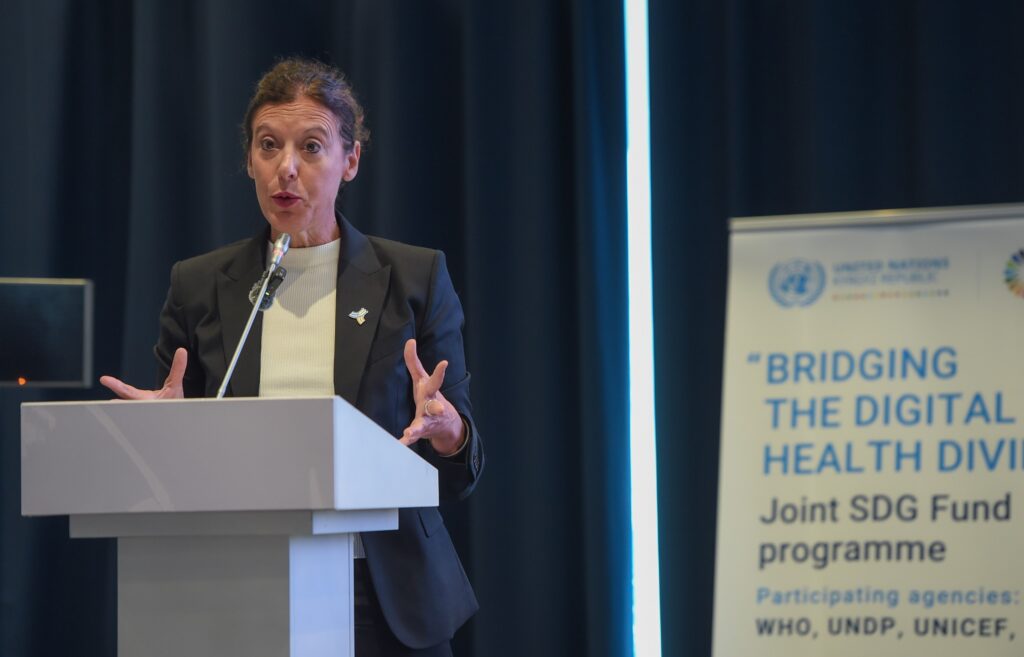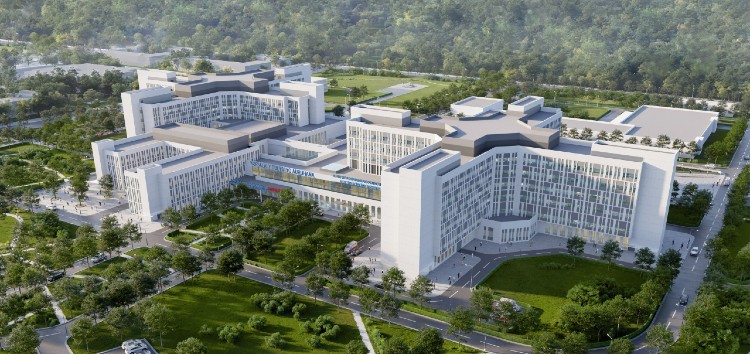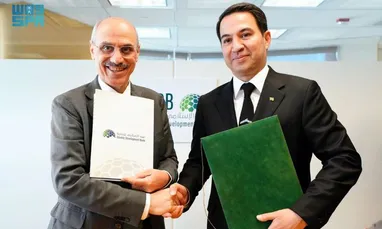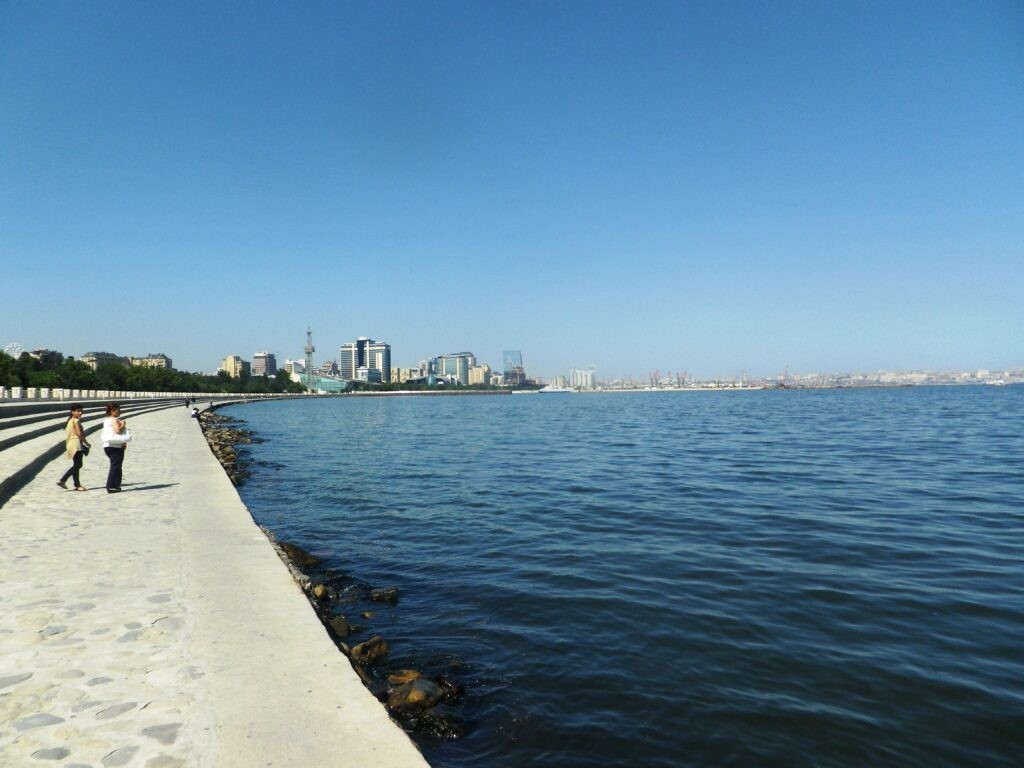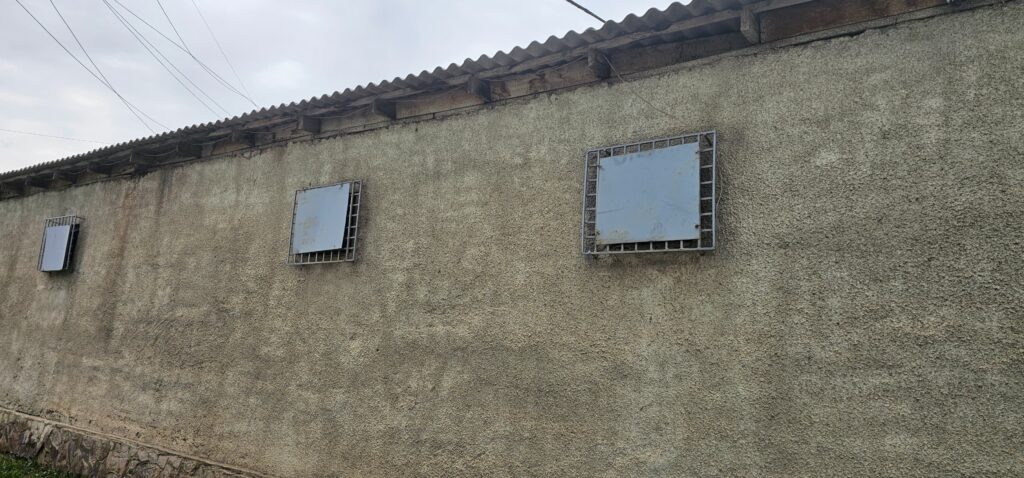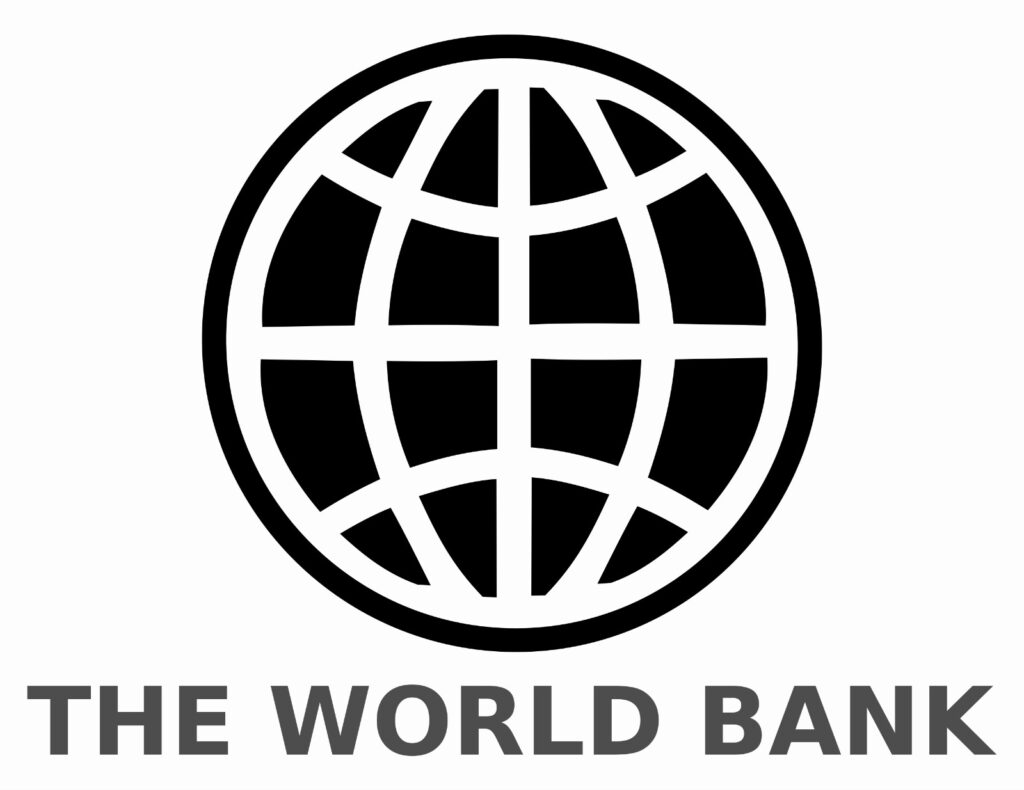On 24 May, the World Bank’s Board of Executive Directors approved a $100 million concessional loan for an Innovative Social Protection System for Inclusion of Vulnerable People Project to improve access to, and the quality of social services for vulnerable people in Uzbekistan.
The project is co-financed by a $2 million grant from the Early Learning Partnership; a multi-donor trust fund managed by the World Bank to support vulnerable children’s development and learning. The grant will be used to evaluate and improve social services’ provision for the well-being of vulnerable children in Uzbekistan’s local communities or ‘mahallas.’
Welcoming the government’s commitment to broadening the nation’s social protection system and provide more inclusive and effective support to vulnerable people, Marco Mantovanelli, World Bank Country Manager for Uzbekistan, commented: “This project will help build the legal and institutional foundations of the care economy. It will also expand access to quality on-demand social services that are currently underprovided to thousands of vulnerable people across the country, including older people, persons with disabilities, survivors of gender-based violence, and vulnerable children.”
The project will be implemented by the National Social Protection Agency through the Office of the President of Uzbekistan, in close collaboration with various government agencies, non-governmental organizations, and Uzbekistan’s international development partners.
Over 50 community-based territorial social service centers (TSSCs) will be established across the country to improve access to enhanced social care and rehabilitation facilities for over 50,000 vulnerable citizens, including the elderly, people with disabilities, and vulnerable children.
The project will also create a platform for a regulated and accredited provision of social services from the private sector and by encouraging external investment, reduce the strain on the state’s institutional-based care and welfare system.
Once in operation, the project will equip 1,200 people with disabilities, at least half whom are aged 15-24, with professional skills and employment opportunities. Women will also benefit from legal, health and psychological services offered by the establishment of 29 Women Adaptation and Rehabilitation Centers.
Last but not least, the initiative will lay the foundations for shock-responsive social protection in Uzbekistan, including the development of policies, emergency procedures and the piloting of a new climate adaptation program. Serving 100,000 impoverished people living in rural communities, the program is designed to increase awareness of climate-related risks and improve communities’ resilience through the provision of seeds for climate-resistant crops, tools, and training in climate-smart agriculture and climate adaptation practices.

